Metacard MR Tablet – (35mg)
৳ 128.44৳ 140.00 (-8%)
Medicine Overview of Metacard MR 35mg Tablet
Metacard MR is an anti-anginal medicine used for treating heart-related chest pain (angina). It prevents new attacks of angina but does not stop an acute attack once it has started. It can be used alone or in combination with some other medicines. Metacard MR should be taken regularly as advised by the doctor. You should take it with or without food and at a fixed time. Your doctor will decide how often you should take this medicine. This may change from time to time depending on how well it is working. You should take this medicine regularly to get the most benefit, even if you feel fine. It is preventing future harm. If you stop taking it, your chest pain may come back. You can improve the health of your heart by making some lifestyle changes such as quitting smoking, cutting down on alcohol, eating well, taking regular exercise and managing stress. Some common side effects of this medicine include dizziness, headache, diarrhea, indigestion, rash, and abdominal pain. Talk to your doctor if these effects bother you or do not go away. This medicine may not be suitable for some people. You must inform the doctor if you are suffering from any liver or kidney disease. Also, let your doctor know if you are pregnant or breastfeeding and about all the other medications that you are taking regularly.
-
Metacard MR prevents new attacks of angina but does not stop an acute attack.
-
Does not affect heart rate, blood pressure at rest or during exercise.
-
Improves HbA1c and blood sugar levels in diabetes patients.
-
Avoid driving or using machinery if you feel dizzy after taking Metacard MR.
Oral Angina pectoris Adult: 40-60 mg daily in 2-3 divided doses. Modified-release tab: 35 mg bid.
Renal impairment: CrCl (ml/min) Dosage Recommendation <30 Contraindicated. 30-60 20 mg bid. Modified-release: 35 mg once daily.
Moderate renal impairment (CrCl 30-60 mL/min). Pregnancy. Patient Counselling May cause dizziness and drowsiness, if affected, do not drive or operate machinery. Although teratological studies have not shown any drug related adverse effects on the course and outcome of pregnancy, the use in pregnant women is not recommended. It is not known whetherTrimetazidine passes into breast milk or not. This medication should be used while breast feeding only if the potential benefits outweigh risks to the nursing infants.


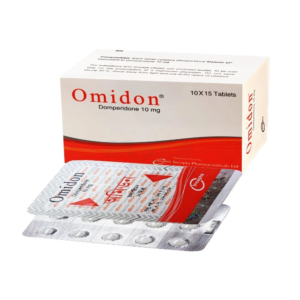

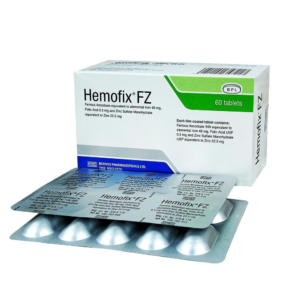

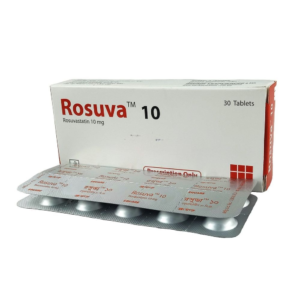
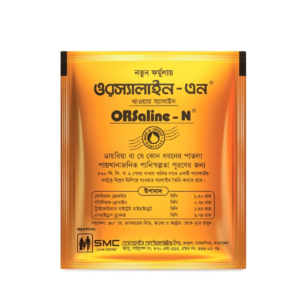
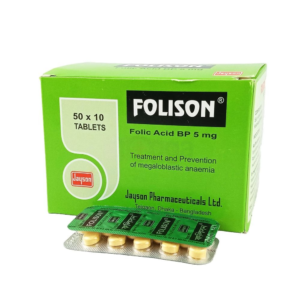
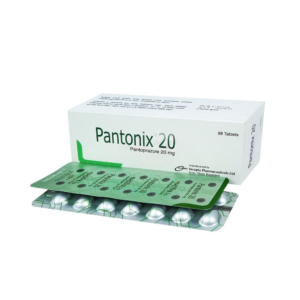


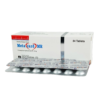
Reviews
There are no reviews yet.